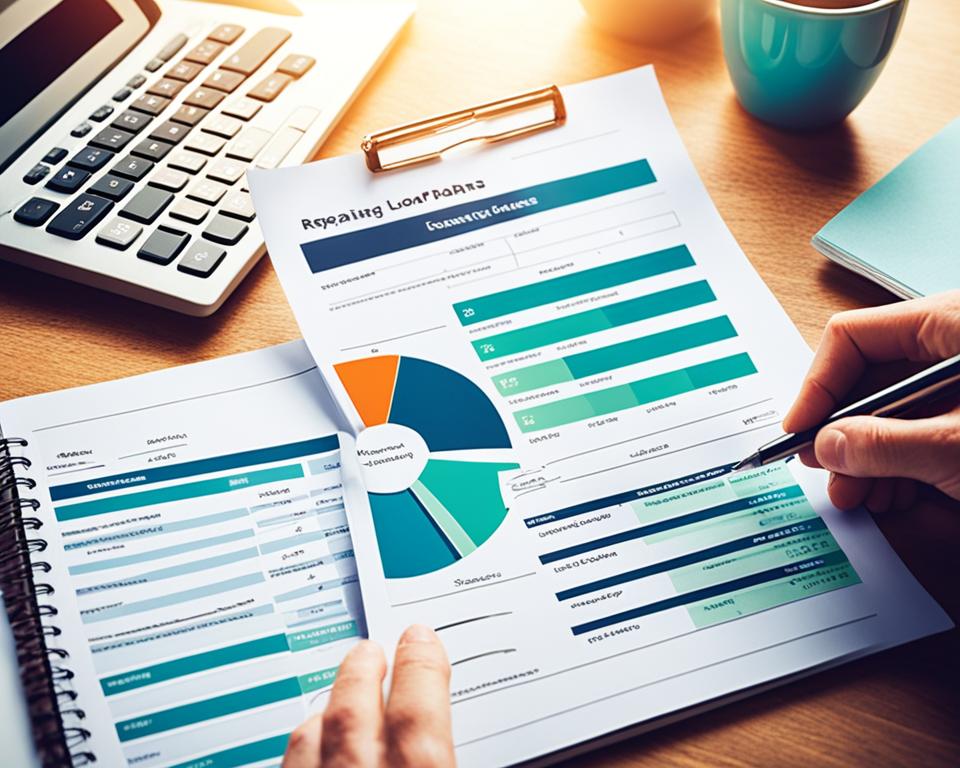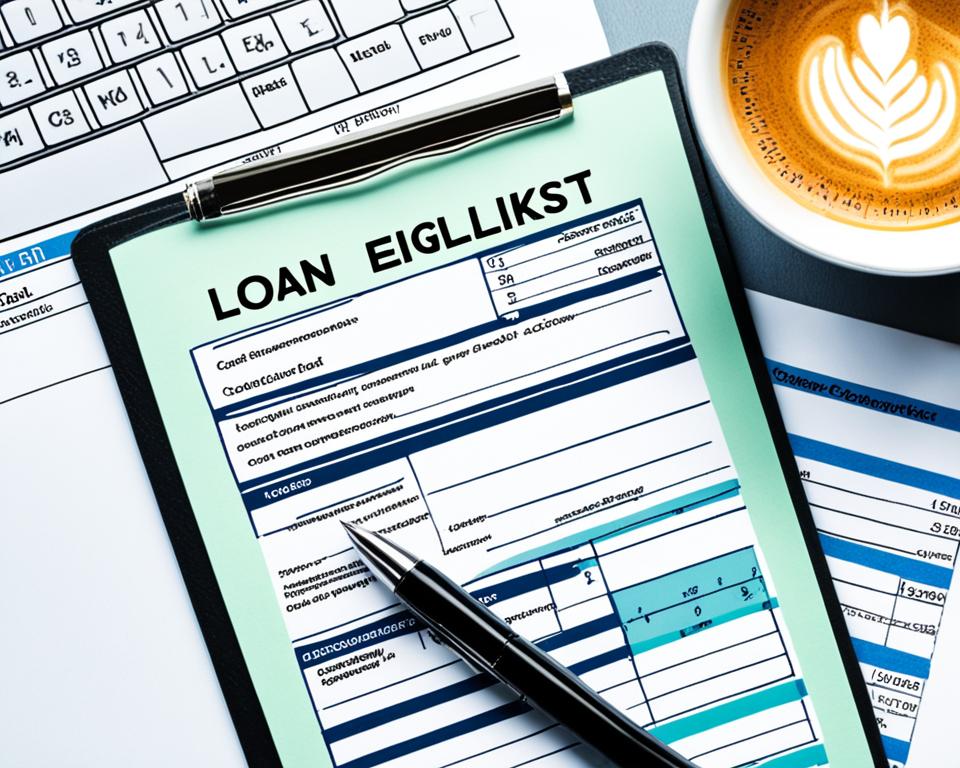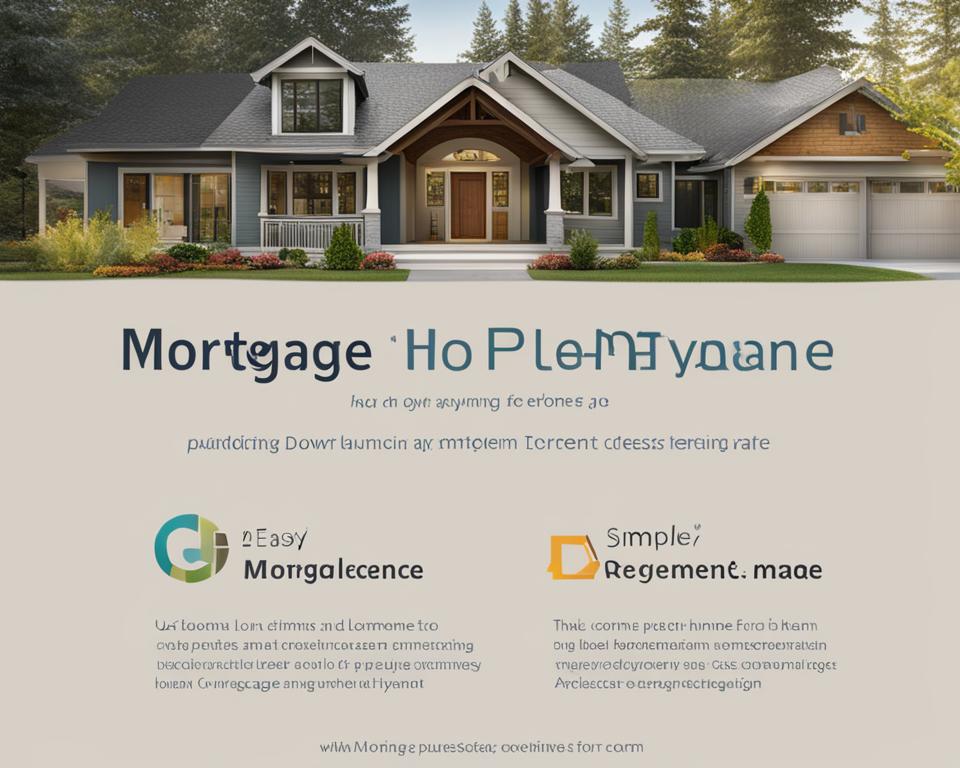Benefits of Homeownership
Owning a home can provide numerous benefits, both in the short term and the long run. One of the most significant advantages of homeownership is the sense of stability and security it offers.
Unlike renting, where you are subject to potential increases in rent or the possibility of eviction, owning a home provides a sense of permanence and control over your living situation. Additionally, owning a home allows you the freedom to make modifications and personalize your space to suit your needs and preferences.
Another benefit of homeownership is the potential for financial gain. By paying towards a mortgage, you are gradually building equity in your property. As property values increase over time, your investment in your home can appreciate, allowing you to potentially sell it for a profit. This can be especially advantageous in areas where the real estate market is thriving. Furthermore, owning a home can also provide tax benefits, such as deductions for mortgage interest and property taxes. These financial advantages make homeownership a viable long-term investment option for many individuals and families.
Factors to Consider Before Buying a House
When considering buying a house, there are several key factors to keep in mind. First and foremost, it is important to evaluate your financial situation. Take a close look at your income, savings, and overall debt to determine what you can realistically afford. This will help you set a budget and narrow down your options.
Another important factor to consider is your long-term goals and plans. Are you looking for a forever home or a starter home? Do you plan to grow your family or downsize in the future? Evaluating your long-term needs will help you choose a house that can accommodate your future lifestyle changes.
In addition, location plays a crucial role in the decision-making process. Consider factors such as proximity to work, schools, amenities, and public transportation. Think about the neighborhood’s safety, reputation, and overall appeal. These aspects will influence your daily life and the resale value of the property.
Furthermore, it is essential to be aware of the maintenance and upkeep that come with homeownership. Houses require ongoing repairs, upgrades, and regular maintenance to keep them in good condition. Make sure you are willing and able to invest time, effort, and money into maintaining your property.
Lastly, it is wise to consider the current market conditions and the potential for future property value appreciation. Real estate markets fluctuate and can have an impact on the value of your investment. Research the area’s market trends, historical data, and growth projections to assess the long-term value potential of the property you are considering.
Taking all these factors into account will help you make an informed decision when buying a house. It is crucial to weigh your financial capabilities, long-term goals, location preferences, maintenance responsibilities, and market conditions to ensure that your home purchase aligns with your needs and aspirations.
Financial Considerations of Buying a House
When considering the financial aspects of buying a house, several factors come into play. First and foremost, it is crucial to determine how much you can afford to spend on a home. Assessing your current financial situation, including your income, savings, and expenses, will help you establish a budget that aligns with your financial capabilities. Remember to consider not only the upfront costs, such as the down payment and closing costs but also ongoing expenses like mortgage payments, property taxes, and insurance.
In addition to understanding your budget, it is essential to evaluate the long-term financial implications of homeownership. One of the primary benefits is the potential for building equity in your home. Over time, as you make mortgage payments, your equity in the property increases, providing you with a valuable asset. Moreover, as the real estate market typically appreciates in value over time, homeownership can be a long-term investment opportunity. However, it’s important to keep in mind that the value of your home may fluctuate depending on market conditions, so conducting thorough research before purchasing is vital.
Long-Term Investment Potential of Homeownership
Homeownership has often been touted as a long-term investment opportunity, providing homeowners with the potential to build significant equity over time. By purchasing a property, individuals not only have a place to call their own, but they also have the opportunity to benefit from rising property values in the future. This can be especially advantageous in areas where real estate prices have historically appreciated.
One of the key advantages of homeownership as a long-term investment is the ability to build equity in the property. As individuals make mortgage payments over time, they gradually decrease the amount they owe on the home, while the value of the property may generally rise. This creates a gap between the mortgage balance and the current market value, resulting in increased equity. This equity can then be leveraged for various purposes, such as funding home improvements or as a down payment for a future property. By carefully managing their investment, homeowners can potentially see substantial returns on their initial purchase.
Advantages of Building Equity in a Home
Building equity in a home offers several advantages for homeowners. Firstly, it serves as a form of forced savings, as each mortgage payment made contributes towards the principle balance of the loan. Over time, this allows homeowners to accumulate equity in their property, which can be accessed through a home equity loan or line of credit in the future. This can be particularly beneficial for financing home improvements, debt consolidation, or funding other major expenses. Additionally, building equity in a home can increase a homeowner’s net worth, providing a tangible asset that can appreciate over time and potentially lead to greater financial stability.
Another advantage of building equity in a home is the potential for future wealth generation. As property values increase and the mortgage balance decreases, homeowners can potentially reap significant financial gains if they choose to sell their property. This appreciation in value can result in a profit, allowing homeowners to improve their financial situation or invest in other endeavors. Moreover, building equity in a home provides a form of stability and security, as homeowners are not subject to the unpredictability of rental increases or the possibility of eviction. This can provide a sense of personal accomplishment and pride, knowing that the investment made in their home is working towards their financial well-being.
Emotional Benefits of Owning a Home
Owning a home can bring about a sense of stability and security that is difficult to replicate through other means. Having a place to call your own, where you can create memories and build a life, can provide a deep sense of emotional satisfaction. The pride and personal fulfillment that come with homeownership can also boost self-esteem and create a stronger sense of belonging within the community.
Furthermore, owning a home allows individuals to express their creativity and personalize their living space. Whether it’s painting the walls in their favorite color, designing a garden, or making renovations, homeowners have the freedom to make their house truly their own. This sense of ownership and the ability to tailor the space to one’s preferences can foster a greater sense of identity and enhance overall emotional well-being. A home is not just a shelter; it becomes a reflection of one’s personality and values, providing a comforting and nurturing environment.
Renting vs. Buying: Pros and Cons
When it comes to deciding whether to rent or buy a home, there are several factors to consider. One of the main advantages of renting is the flexibility it offers. Renting allows individuals to easily move from one location to another without the hassle of selling a property. Additionally, renters are not responsible for the cost of maintenance and repairs, as these are typically the landlord’s responsibility.
On the other hand, buying a home can provide long-term stability and financial benefits. One key advantage of homeownership is the potential to build equity. By making regular mortgage payments, homeowners gradually increase their ownership stake in the property. This can lead to substantial wealth accumulation over time, especially if property values appreciate. Moreover, homeowners have more control over their living space, allowing them to personalize and make modifications to the property as desired. While buying a home requires a larger initial investment and comes with additional responsibilities, it can provide a sense of pride and security that renting may not offer.
Hidden Costs of Homeownership
Hidden costs of homeownership can often catch new homeowners off guard. While the purchase price is the most obvious expense, there are several other financial obligations that come with owning a home. One common hidden cost is property taxes, which can vary significantly depending on the location and value of the property. It is important for homeowners to budget for these recurring expenses and plan for any potential increases over time.
Another hidden cost to consider is homeowners insurance. This type of insurance is essential to protect against unexpected events, such as fire, natural disasters, or theft. The cost of homeowners insurance depends on factors like the size of the home, its location, and the value of the property. It is crucial for homeowners to shop around for the best insurance coverage at a reasonable price to ensure they are adequately protected without overpaying. Taking into account these hidden costs helps homeowners be financially prepared for the responsibilities of homeownership.
Impact of Market Conditions on Home Values
The impact of market conditions on home values cannot be ignored. When the real estate market experiences a boom, property values tend to rise, offering homeowners the potential to build significant equity. On the other hand, during a market downturn, home values may decline, posing challenges for homeowners looking to sell or refinance their properties. These fluctuations in market conditions can be influenced by factors such as supply and demand, interest rates, economic indicators, and government policies. Therefore, potential homebuyers and current homeowners should remain aware of market trends and conditions to make informed decisions regarding their investments in real estate.
The housing market is sensitive to various factors that can have a significant impact on home values. For instance, changes in interest rates can influence housing affordability, affecting the demand for homes in the market. Additionally, local economic conditions, such as job growth or recession, can directly impact the real estate market and lead to changes in property values. Moreover, government policies and regulations, such as tax incentives or restrictions on lending practices, can shape the dynamics of the housing market. As a result, individuals interested in buying or selling a home should keep a close eye on market conditions to understand the potential risks and opportunities associated with their real estate investments.
Alternatives to Buying a House
When it comes to finding a place to live, buying a house is not the only option available. Many people are exploring alternatives to homeownership, which may better suit their lifestyles and financial goals. One popular alternative is renting. Renting provides the flexibility to move more easily if needed, without the burdens of property maintenance and unexpected repairs. It allows individuals to test out different neighborhoods or cities before committing to the long-term investment of buying a house. Renting also offers the convenience of not having to worry about property taxes or homeowners insurance. Overall, renting can be an attractive option for those who value flexibility and prefer a more temporary living arrangement.
Another alternative to buying a house is investing in real estate through real estate investment trusts (REITs). REITs are companies that own, operate, or finance income-generating properties. By investing in REITs, individuals can gain exposure to the real estate market without the responsibilities of property management. It allows for diversification within the real estate sector, as REITs typically own a portfolio of different types of properties, such as residential, commercial, or industrial. Investing in REITs can provide a passive income stream through dividends and the potential for long-term capital appreciation. This alternative appeals to those who want to invest in real estate but prefer a more hands-off approach.




